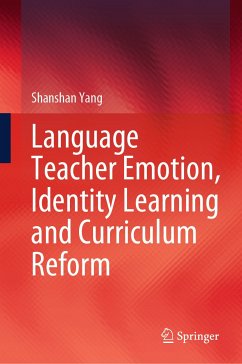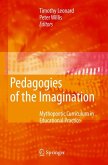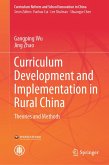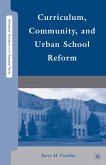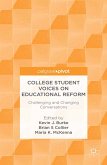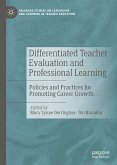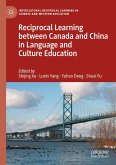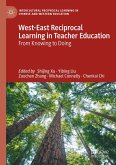This book explores language teachers' identity learning through the lens of teacher emotions. This qualitative study, utilizing a longitudinal case study design, sets out to trace how four college English teachers at the case study university in East China respond emotionally towards the curriculum reform, how teacher identity learning takes place, and how emotions interact with the identity learning processes. Guided by the theoretical framework, this book adopts diversified methods to collect data across one academic year of curriculum implementation. It also discusses the findings which reveal that curriculum reform poses great emotional challenges for English as a Foreign Language (EFL) teachers, teachers who traverse across emotional geographies, orient to feeling rules, and perhaps translate emotion work into emotional capital. This book explores language teachers' identity learning.
This book helps the researchers, policymakers, and other stakeholders involved in higher education policymaking to understand how EFL teacher emotions can be utilized to support EFL teachers' identity learning and thus sustain curriculum reform efforts.
Dieser Download kann aus rechtlichen Gründen nur mit Rechnungsadresse in A, B, BG, CY, CZ, D, DK, EW, E, FIN, F, GR, HR, H, IRL, I, LT, L, LR, M, NL, PL, P, R, S, SLO, SK ausgeliefert werden.

